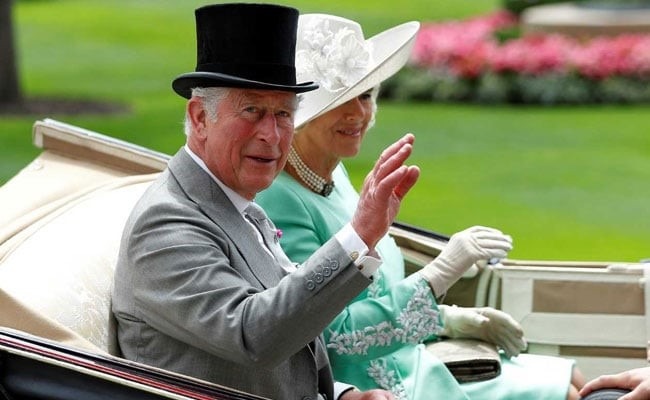| Translate This News In |
|---|
To commemorate the country’s only Black newspaper’s 40th anniversary, Prince Charles guest edited an edition honouring the contributions of African-Caribbean communities to the arts and society.
The royal family’s “long-standing collaboration with Black leaders” is documented in The Voice newspaper, according to his office, as the royal family increasingly engages with Britain’s legacy of slavery and the country’s colonial past.
The only Black newspaper in Britain has evolved into an institution and an essential component of our society as a result of the immense changes that it has observed over the past 40 years, according to Charles. The opportunity to edit this special edition was an honour for me because of this.
Britain’s history is defined by its central role in the slave trade and colonial rule over much of Africa and the Caribbean. Charles, the heir to the throne, has expressed his deep sorrow over slavery.
The so-called Windrush generation of postwar Caribbean migrants, named after the first ship that brought them there, has continued to face injustice. Britain apologised in 2018 after thousands were denied basic rights despite having lived in the country for decades, and dozens were wrongfully deported.
The paper features an article about an art exhibition commemorating the 75th anniversary of Windrush, as well as an interview with Doreen Lawrence, the mother of a schoolboy murdered by racists in 1993, who has established a partnership in his memory to provide art scholarships, which is supported by the Prince’s Foundation.
The Voice’s editor Lester Holloway remarked that the similarities between the causes The Voice has fought for over 40 years and the efforts The Prince of Wales (Charles) has been involved in over the same time period, often in the background, may surprise some of his readers.
Last year, Charles visited Barbados for a ceremony in which the Caribbean nation deposed Queen Elizabeth as head of state, establishing a new republic while reconsidering its relationship with its former colonial power.
Protests over Britain’s role in slavery, as well as criticism that the trip reflected a return to colonial times, overshadowed Charles’ son William’s own tour to the Caribbean in March.


















